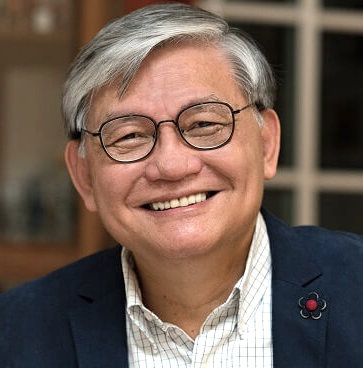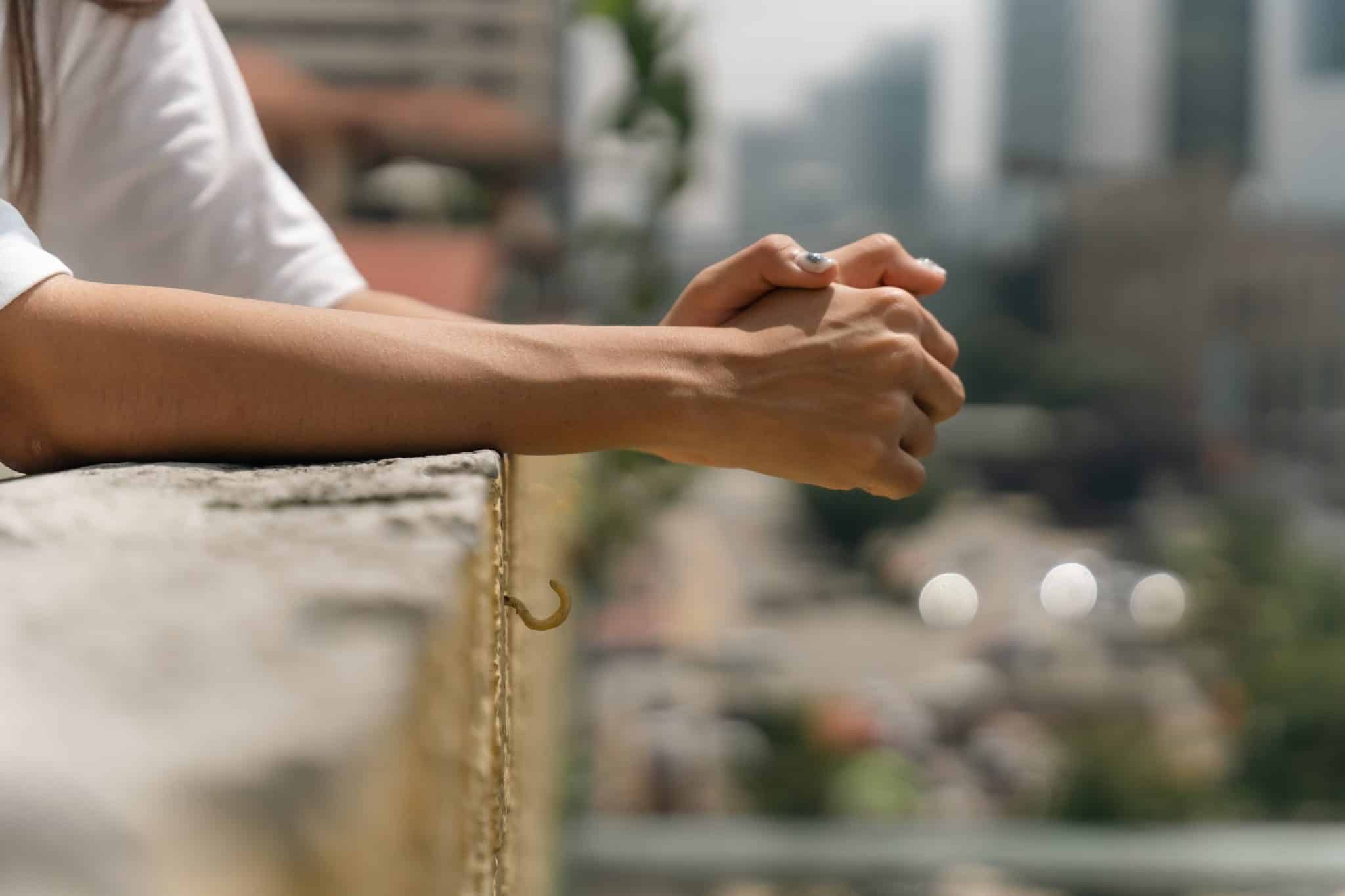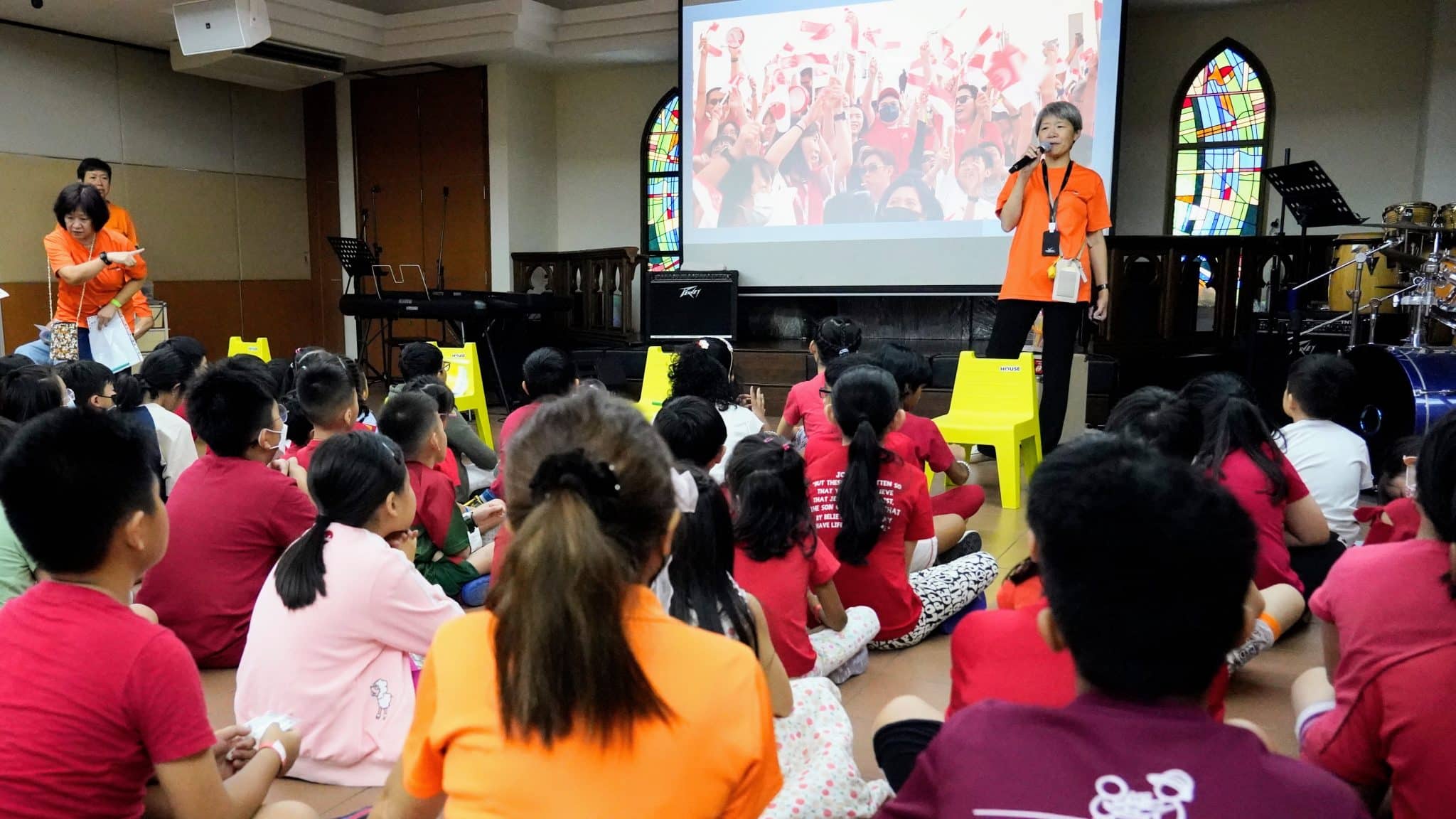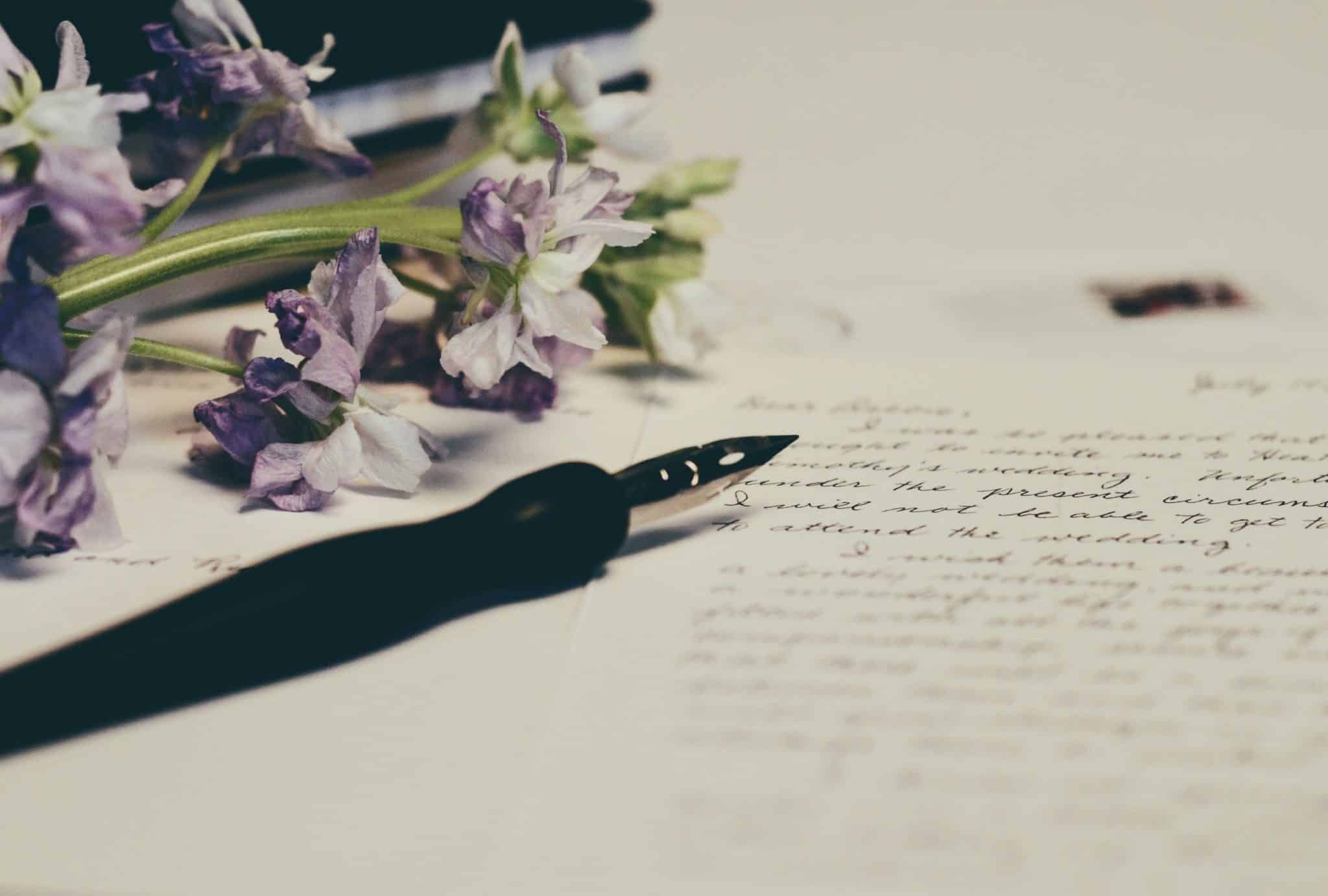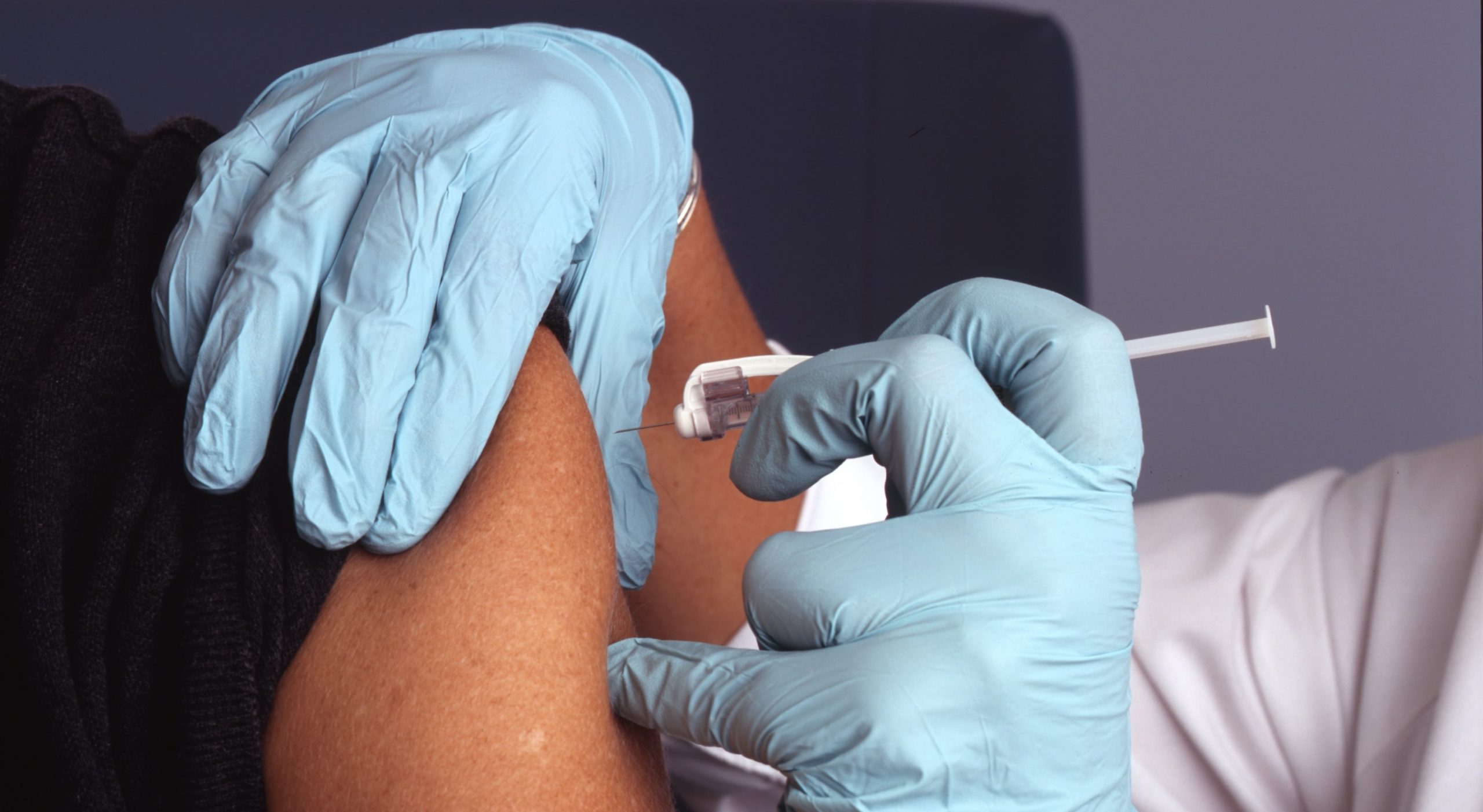
"We have lost the commitment to and the practice of loving those we disagree with. My dear brother and sister, whether you have chosen to take the vaccine or not, one thing is clear: What unites us is much more substantial than what divides us," says Rev Dr Tan Soo Inn in this reflection on church unity on the Covid-19 vaccine. Photo by National Cancer Institute.
Didn’t sleep very well last night. Had chills and body aches. I know why. We had our second dose of the Pfizer Covid-19 vaccine in the morning.
Later in the day I came across an article that said that 40 percent of white evangelicals in the US do not intend to get vaccinated. I get confused when I read statistics like that.
This morning, half-groggy from a poor night’s sleep, I thought of three questions:
- Who do I believe?
- Who do I trust?
- Who do I love?
1. Who do I believe?
Nowadays it is very simple to find research or researchers that support your point of view.
We have lost the commitment to and the practice of loving those we disagree with
I think this is particularly true in the US where the society is so polarised.
Far be it from me to comment on things so far away, of which I don’t have much direct knowledge.
But I know some people in the scientific and medical community here in Singapore. I see no reason or evidence that they have been duped into some global conspiracy to push a useless or dangerous vaccine.
I can’t speak for the situation in other countries but I believe in the medical fraternity here in Singapore.
2. Who do I trust?
Our ultimate trust must always be in God.
There are times when God heals dramatically and miraculously but most times He heals through the laws He has put in place to run His created order.
All I can do is to exercise due diligence, make a choice, and trust God.
Finally, it is God who heals. Scientists are only uncovering God’s ways.
Trust in God also has another dimension.
History has shown that there have been times when medical science gets it wrong. This should humble us and drive us to careful research; something that some argue was not possible because of the speed with which the vaccines have been brought to market.
All I can do is to exercise due diligence in checking out what research has already taken place, make a choice, and trust God.
Even if it is proven in the long run that medicine was wrong on this point, I trust that an almighty God will be able to sort things out.
3. Who do I love?
This is the easiest and the toughest question. We are called to love our neighbour as ourselves. We are called to love one another in the community of faith. This is clear.
In essentials unity, in non-essentials liberty, in all things charity.
But that means I also love those who disagree with me on matters like whether we should take the vaccine or not.
Sometimes I get irritated by those who keep on pushing a view. They will send you articles and video clips that support their position.
In good faith, we accept that they are doing this because they care about us. But after you have taken time to pray and decide on matters that are not directly prescribed in Scripture, and you still get deluged by a non-stop stream of articles and videos that continue to challenge your position, you get frustrated and angry.
I know I shouldn’t. I am called to love and accept all in the family of God.
Loving disagreement
In fact, I think the greater danger facing us is not the Covid-19 virus.
I think it is the fact that in church and in society, we have lost the commitment to and the practice of loving those we disagree with.
We need to once again take to heart the following saying:
“In essentials unity, in non-essentials liberty, in all things charity.
You are my brother and my sister and what unites us is much more substantial than what divides us.
“Philip Schaff, the distinguished nineteenth-century church historian, calls the saying in our title “the watchword of Christian peacemakers” (History of the Christian Church). Often attributed to great theologians such as Augustine, it comes from an otherwise undistinguished German Lutheran theologian of the early seventeenth century, Rupertus Meldenius.
“The phrase occurs in a tract on Christian unity written (circa 1627) during the Thirty Years War (1618–1648), a bloody time in European history in which religious tensions played a significant role.
“The saying has found great favour among subsequent writers such as Richard Baxter, and has since been adopted as a motto by the Moravian Church of North America and the Evangelical Presbyterian Church.
“Might it serve us well as a motto for every church and for every denomination today?”
So my dear brother, my dear sister, whether you have chosen to take the vaccine or not, one thing is clear: You are my brother and my sister and what unites us is much more substantial than what divides us.
And it is our charity in Christ that will be the cure for a divided and broken world.
This article was first published by Graceworks on April 9, and is republished with permission. You can find more articles here.
RELATED STORIES:
https://saltandlight.sg/coronavirus/love-your-neighbours-get-vaccinated-the-methodist-church-in-singapore-urges-members/
We are an independent, non-profit organisation that relies on the generosity of our readers, such as yourself, to continue serving the kingdom. Every dollar donated goes directly back into our editorial coverage.
Would you consider partnering with us in our kingdom work by supporting us financially, either as a one-off donation, or a recurring pledge?
Support Salt&Light